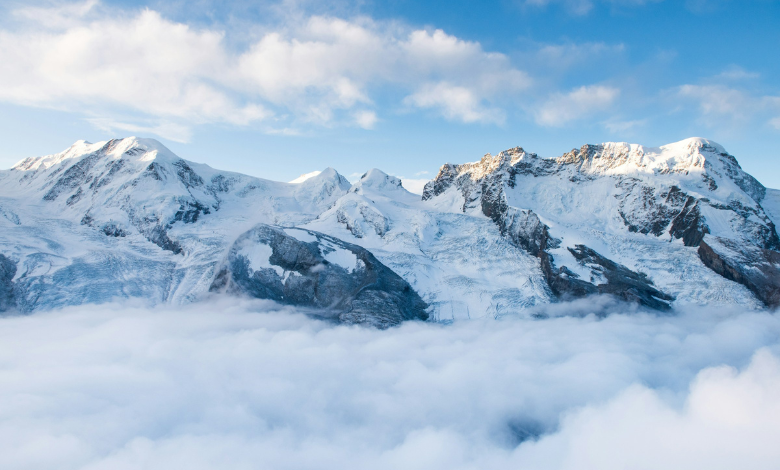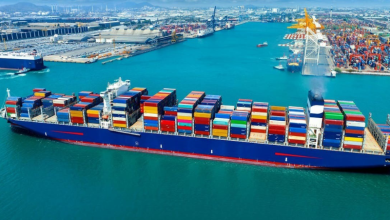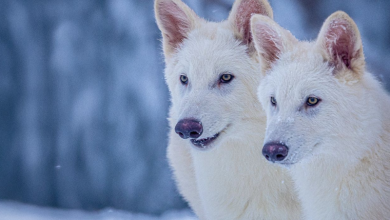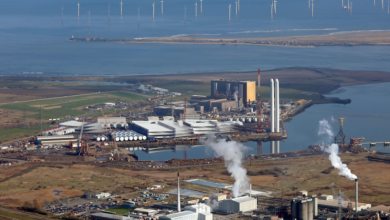Venezuela loses its last glacier after La Corona melts faster than expected

Venezuela has potentially become the first country to have lost all its glaciers in modern times. The country has lost its last remaining glacier, the Humboldt glacier or La Corona, after it shrunk so much that scientists reclassified it as an ice field.
Venezuela used to be home to six glaciers in the Sierra Nevada de Mérida mountain range, lying at about 5,000 metres above sea level. Five of them had disappeared by 2011, leaving just La Corona, close to the country’s second-highest mountain, Pico Humboldt.
La Corona was projected to last at least another 10 years. But researchers were unable to monitor the area for a handful of years due to political problems. The glacier melted much faster than expected, shrinking to an area of less than 2 hectares.
Climate change and El Nino accelerating glaciers’ retreat
Maximiliano Herrera says Indonesia, Mexico and Slovenia are next in line to become free of glaciers. Mexico and Indonesia’s Papua island have experienced record-high heat in recent months – intensified atmospheric changes expected to let the glaciers’ retreat faster.
The climatologist is concerned that “other countries lost their glaciers several decades ago after the end of the little ice age but Venezuela is arguably the first one to lose them in modern times.” Herrera maintains a chronicle of extreme temperature records online.
Climate change has become potentially the greatest threat to humanity. It has been elevating temperatures across the globe. But the planet has also recently been experiencing El Nino, which leads to hotter temperatures and can accelerate the demise of tropical glaciers.
Government’s last-ditch attempt to save the glacier
Luis Daniel Llambi, an ecologist at Adaptation at Altitude, says Venezuela is a mirror of what will continue to happen from north to south, first in Columbia and Ecuador, then in Peru and Bolivia, as glaciers continue to melt fast from the Andes, reported The Guardian.
The loss of the Humboldt glacier is much more than the loss of ice itself. Glaciers in Venezuela had a limited role in water provision for the region. The biggest impact is on the culture, mountaineering and touristic activities, mentioned Llambi.
In a last-ditch attempt to save the glacier, the Government of Venezuela has installed a thermal blanket to prevent further melting. But experts are not entirely optimistic about the move. Keep an eye out on Eco Discussion for more such interesting updates on climate change.
Read More: El Niño Unveiled: Decoding its Impact and Climate Change Nexus



